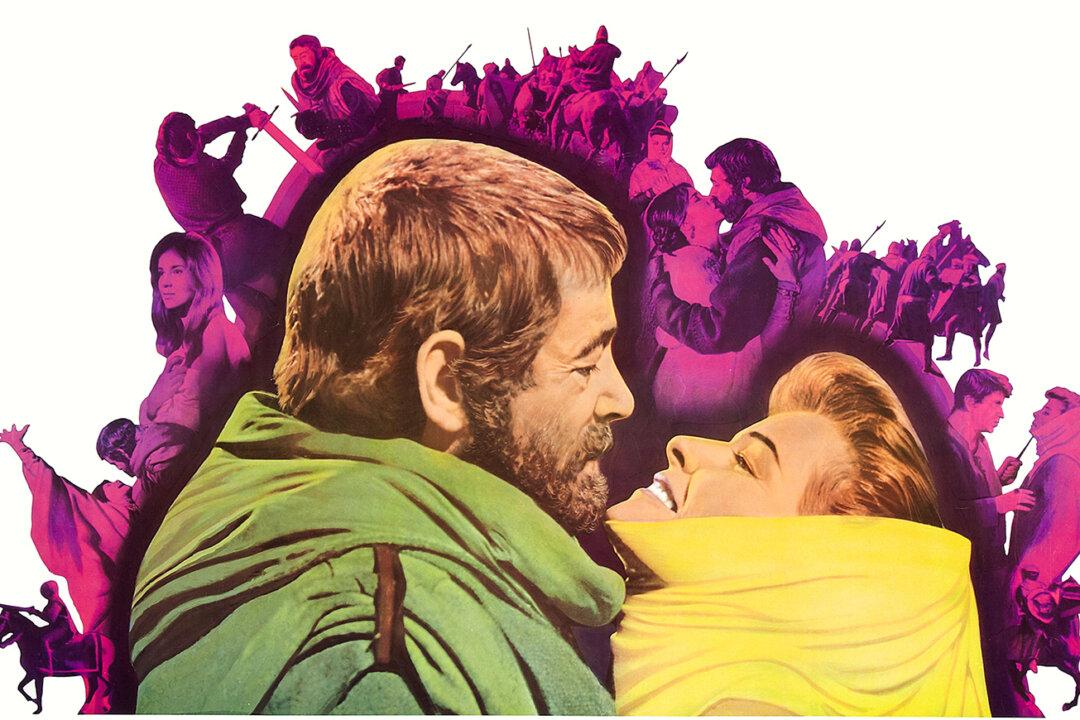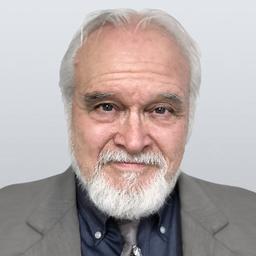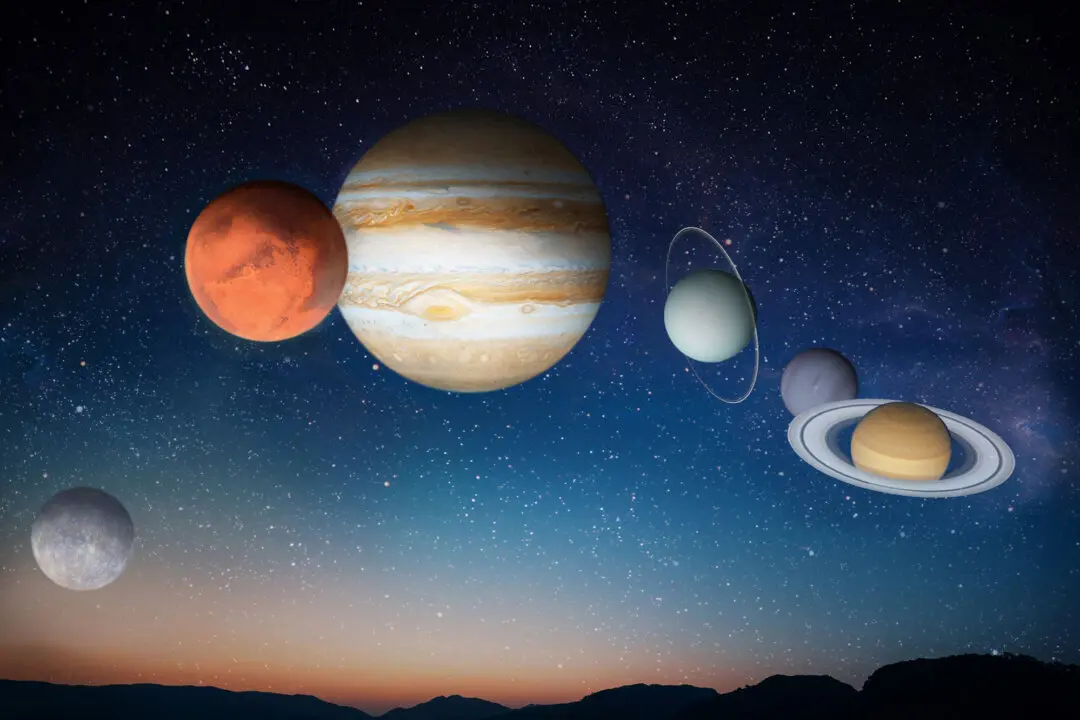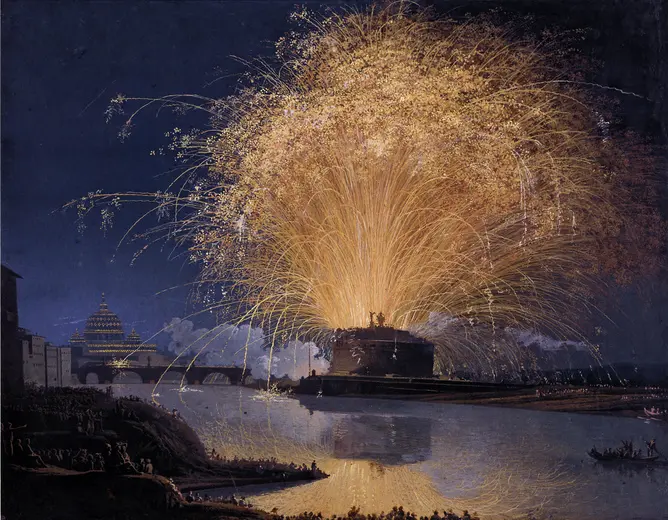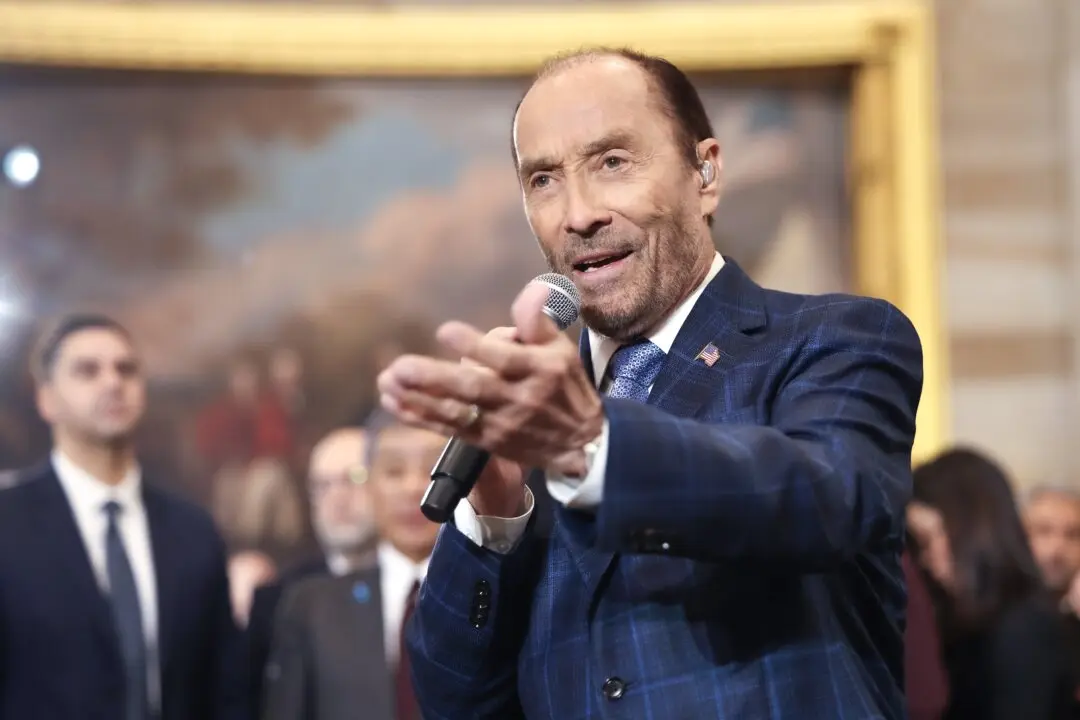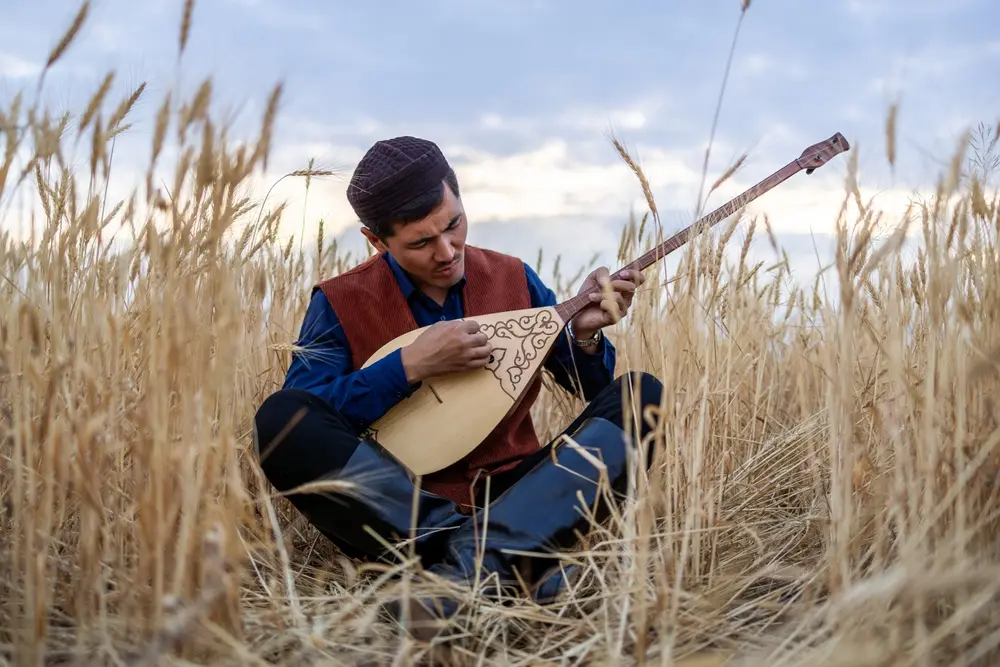The principle underlying film music is simple: Make the music such an integral part of each scene that it contributes emotional dimension without being noticed. The last part is more important than one might think.
If music distracts from a scene by outweighing it emotionally or being too interesting in and of itself, it can do more harm than good. Leonard Bernstein’s score to “On the Waterfront” (1954) comes dangerously close to this in the famous taxi scene where Marlon Brando utters the famous line, “I could’ve been a contender.” Luckily, Brando’s presence was so compelling that it balanced Bernstein’s symphonically complex music.

